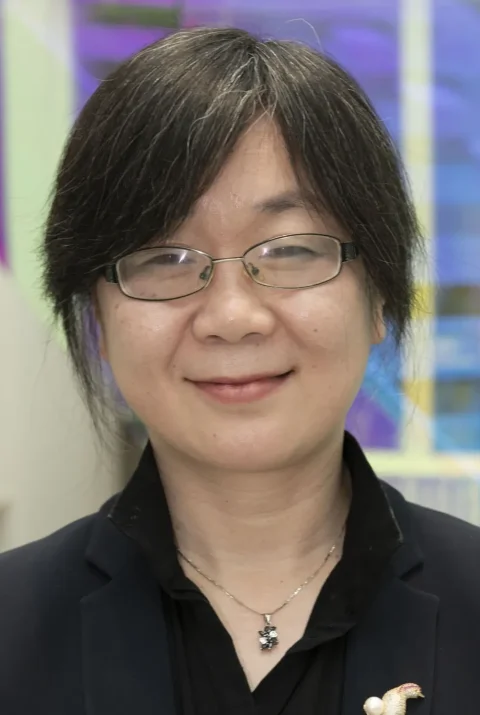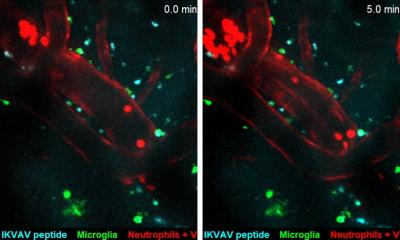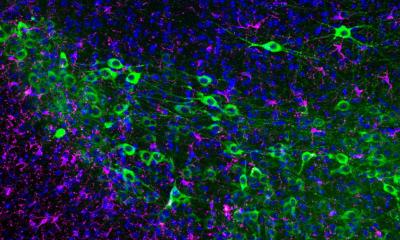© Crystal light – stock.adobe.com
News • Neurobiology
Increased risk of dementia after acute kidney injury
Acute kidney injury (AKI), a sudden deterioration in kidney function, is relatively common in older people and is associated with increased morbidity and mortality.
Previous studies have suggested a potential link between AKI and brain injury. The current study, published in the journal Neurology, examined the association between AKI and different types of dementia.

Image source: Karolinska Institutet; photo: Ulf Sirborn
The researchers analysed data from more than 300,000 individuals over 65 years of age from the Stockholm CREAtinine Measurement (SCREAM) project in Sweden. About one out of four participants experienced at least one AKI episode during an average follow-up of 12 years, and 16% were diagnosed with dementia.
Those who suffered acute kidney injury had a 49% higher risk of developing any form of dementia. When each type of dementia was analysed separately, the risk increase was 88% for Lewy body dementia or dementia caused by Parkinson’s disease, 47% for vascular dementia and 31% for Alzheimer’s disease. The risk increase was higher in people with severe kidney damage requiring hospitalisation or inpatient care.
“Our findings suggest that AKI is not just an isolated event affecting kidney function but may have broader implications, particularly for brain health,” says Hong Xu, assistant professor at the Department of Neurobiology, Care Sciences and Society, Karolinska Institutet and first author of the paper.

Image source: Karolinska Institutet; photo: Stefan Zimmerman
“Identifying acute kidney injury as a risk factor for dementia can lead to earlier intervention, preventive treatment and better patient care,” adds Juan Jesus Carrero, professor at the Department of Medical Epidemiology and Biostatistics Karolinska Institutet and last author of the paper.
The next phase of the research aims to explore the biological mechanisms linking AKI to dementia. The researchers will also evaluate whether different medicines, lifestyle changes and monitoring procedures after acute kidney injury can reduce the risk of developing dementia.
The study was financed by StratNeuro, CIMED, KI foundations, and the Swedish Research Council. The corresponding author Yang Xu, researcher at Peking University Health Science Center and Karolinska Institutet, received funding from the Young Scientists Fund and the National Natural Science Foundation of China. The authors have declared no conflicts of interest related to this study.
Source: Karolinska Institutet
01.09.2024











